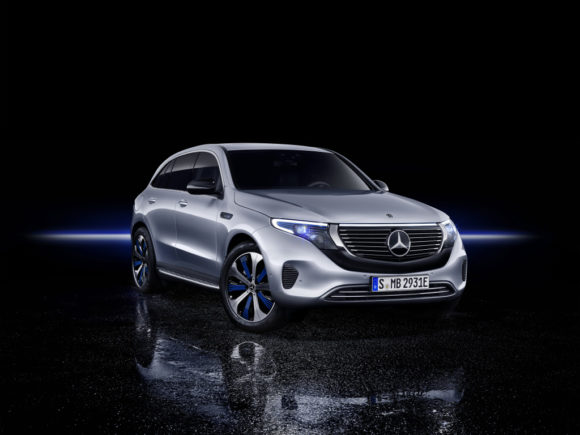EV battery cost has fallen over the years, averaging $120 (Rs. 8866/-) per kWh in 2019, which will lead to introduction of cheaper electric vehicles, reports a London-based price reporting agency.
Benchmark Mineral Intelligence (BMI), also a specialist information provider about lithium ion battery, has revealed the data.
So far EVs have not made huge inroads in the auto sector ruled by petrol- and diesel-powered vehicles due to their high asking cost.
The primary reason for EVs to cost higher than their Internal Combustion Engine (ICE) counterparts is due to the high cost of the battery pack.
But, the good news is that lithium-ion battery cost has fallen over the years. In 2014, it cost $280 (Rs. 20,687/-) per kWh, while last year, prices averaged at $120 (Rs. 8866/-) per kWh.
To make electric vehicles cheaper than ICE vehicles, battery cells need to cost at $100 (Rs. 7388/-) per kWh, experts reckon.
While that might indeed happen, the reality is that at $110 (Rs. 8127/-) a kWh, automotive contracts would have already reached the tipping point.
This also reflects in the way EV battery cost has fallen over the years. Between 2014 and 2017, battery cell cost fell 16.5 percent per annum, but between 2017 and 2020, the annual price reduction was only 5.8 percent.
If EV battery cost has to reduce further, the industry must look at reducing and stabilising the prices of raw materials such as cobalt, graphite, lithium, manganese and nickel.
EV Battery Cost
- Cost of electric vehicle battery cells have gone down over the years
- In 2019, it cost Rs. 8866/- a kWh while the price was higher earlier
- EVs will cost less than ICE vehicles when cells cost $100 a kWh
Source – in.Reuters.com

